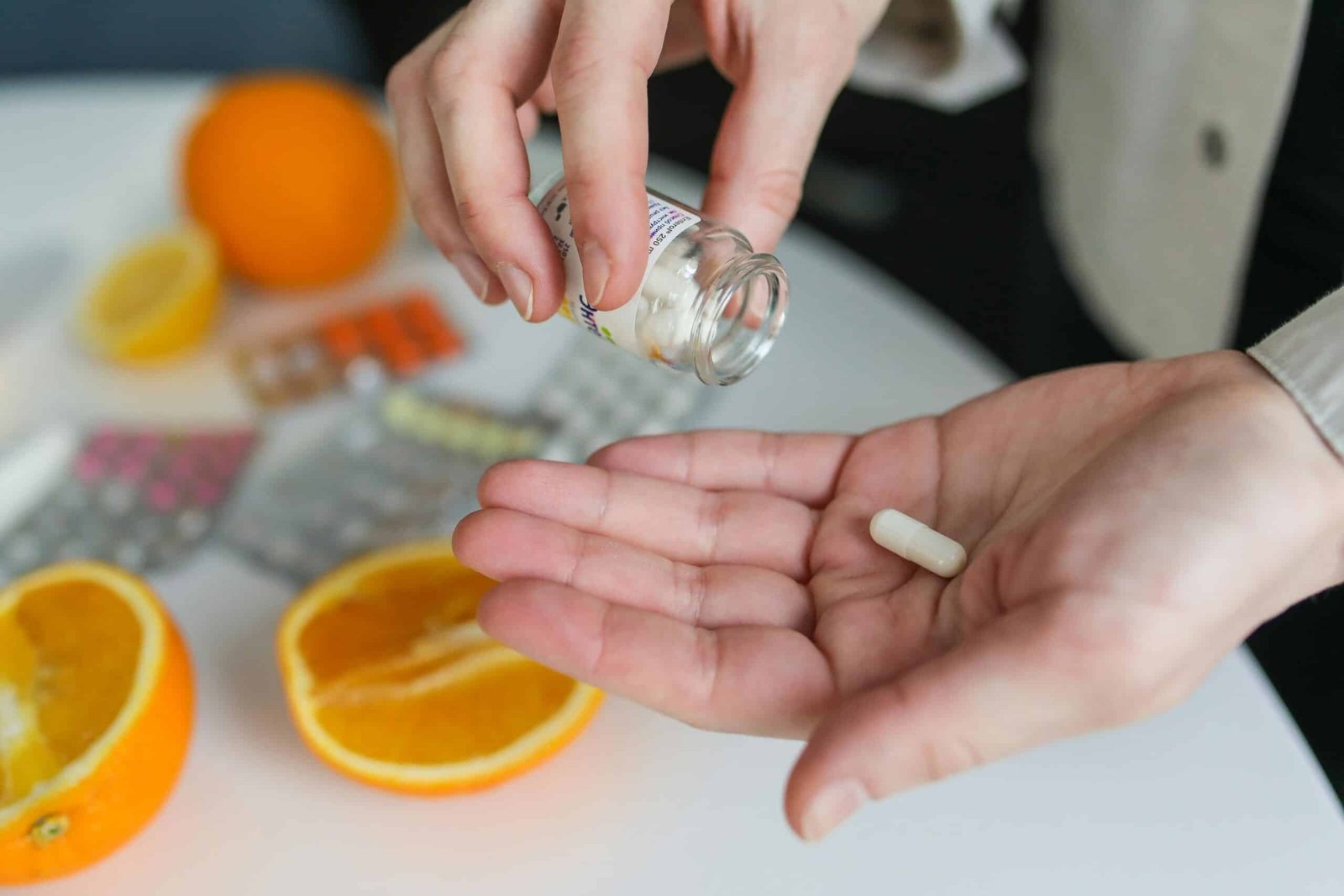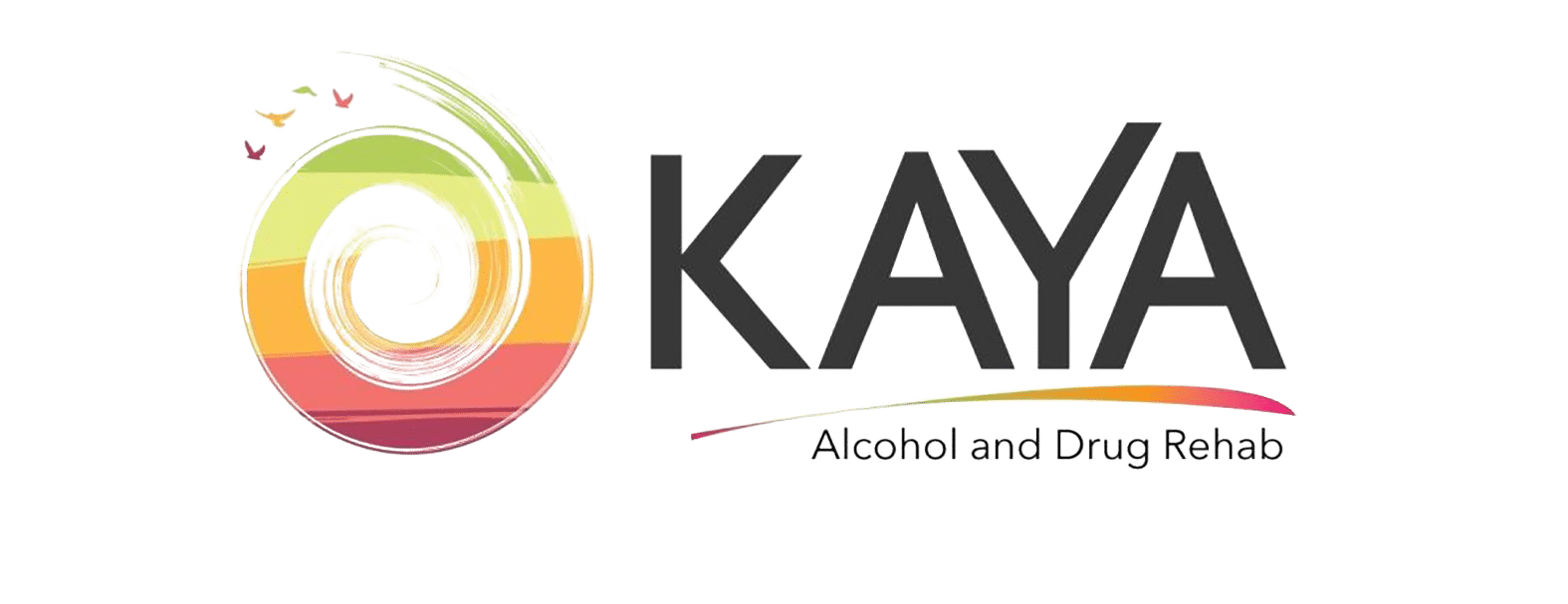Prescription medications can be a lifeline when dealing with pain, anxiety, or other health issues, yet what starts as a treatment can sometimes turn into dependency. In recent years, the UK has seen a sharp rise in prescription medication misuse, especially involving painkillers, anti-anxiety drugs, and stimulants. This silent struggle is impacting thousands, often creeping up slowly and catching people off guard. Let’s dive into why prescription drug misuse has become such an issue, its toll on everyday life, and, most importantly, how people can find their way back to wellness.

Why Is Prescription Medication Misuse Rising?
The past decade has brought an increase in prescriptions for chronic pain, anxiety, and attention disorders. For many, these medications have provided much-needed relief. However, it’s not uncommon for people to continue using them longer than necessary or at higher doses than recommended. Factors like stress, isolation, and the overall uncertainty from recent global events have only intensified this trend, as people look for ways to manage the emotional and mental load they’re carrying.
It’s important to understand that misuse can happen to anyone, often without realizing it. What starts as taking an extra pill for pain relief or to relax can gradually become a regular habit that’s hard to break.
Commonly Misused Medications in the UK
In the UK, several types of prescription drugs have become particularly prone to misuse. Here’s a closer look at a few of the most common:
* Painkillers (Opioids): Drugs like codeine and morphine are often prescribed for serious pain management. They’re highly effective but can also create a sense of euphoria, leading some to use them beyond their medical purpose.
* Anti-Anxiety Medications (Benzodiazepines): Prescribed to relieve anxiety and promote calm, medications like diazepam and lorazepam can be highly addictive if used long-term, creating a physical and emotional reliance that’s hard to shake.
* Stimulants: Medications like Adderall and Ritalin, typically prescribed for attention disorders, are sometimes misused by students and professionals seeking enhanced focus and productivity.
While these medications offer genuine relief, their misuse can easily sneak up on users, especially when used as a coping mechanism for stress, anxiety, or performance pressures.
The Impact of Misusing Prescription Drugs
The effects of prescription drug misuse extend far beyond physical health. While misuse can lead to side effects like dizziness, drowsiness, and nausea, the emotional and social toll can be equally daunting. Dependence on medication can leave individuals feeling isolated, anxious, or guilty, straining their relationships and reducing their overall quality of life.
There’s also a financial cost, as repeat prescriptions and doctor visits add up over time. Families, too, often feel the strain as they try to support loved ones who may be struggling with dependency. On a national level, the healthcare system is grappling with the increased demand for support and treatment related to prescription drug misuse, stretching resources even further.
Recognizing When It’s Time to Seek Help
The line between proper use and misuse of prescription drugs can be thin, but recognizing early signs is crucial. Here’s how to spot when usage might be turning into dependency:
* Regularly taking larger doses than prescribed
* Feeling anxious or unsettled without the medication
* Noticing physical side effects like dizziness, fatigue, or mood swings
* Seeking additional prescriptions or “doctor shopping” to obtain more
If you or someone close to you is experiencing these signs, it’s time to consider seeking support. Dependency can feel isolating, but help is available, and taking action is a sign of strength.
Finding Help for Prescription Medication Misuse
Regaining control over prescription drug use is possible, but it requires the right approach and support network. Here are a few steps that can guide you on the journey:
* Talk to a Healthcare Provider: They can provide guidance on tapering off medications safely and may suggest alternative treatments.
* Consider Therapy or Counseling: A therapist can help you address underlying factors behind dependence and build healthier coping strategies.
* Join Support Groups: Peer support groups create a sense of community and provide invaluable encouragement from those who understand what you’re going through.
* Explore Specialized Treatment Centers: Rehab facilities offer personalized treatment plans that address both physical and emotional dependence on prescription medications.
Overcoming prescription medication misuse is a journey that takes both time and understanding, and you don’t have to do it alone. At Kaya Rehab, we offer compassionate, personalized care tailored to each person’s unique story. Our team provides support and guidance at every step, helping you find new, healthier ways to manage life’s challenges. With a focus on mental and emotional wellness, we’re here to help you break free from dependence and rediscover a life of freedom and resilience. If you’re ready to start your recovery journey, Kaya Rehab is here to walk alongside you.

